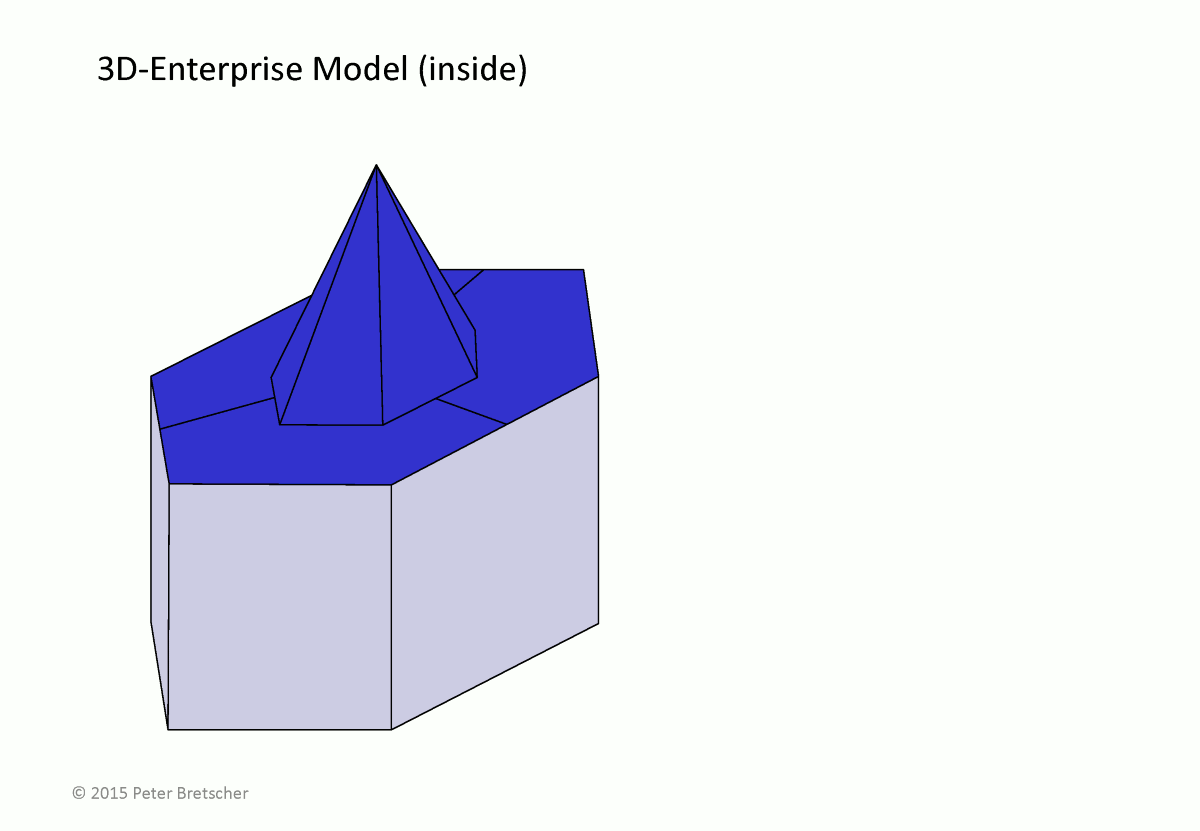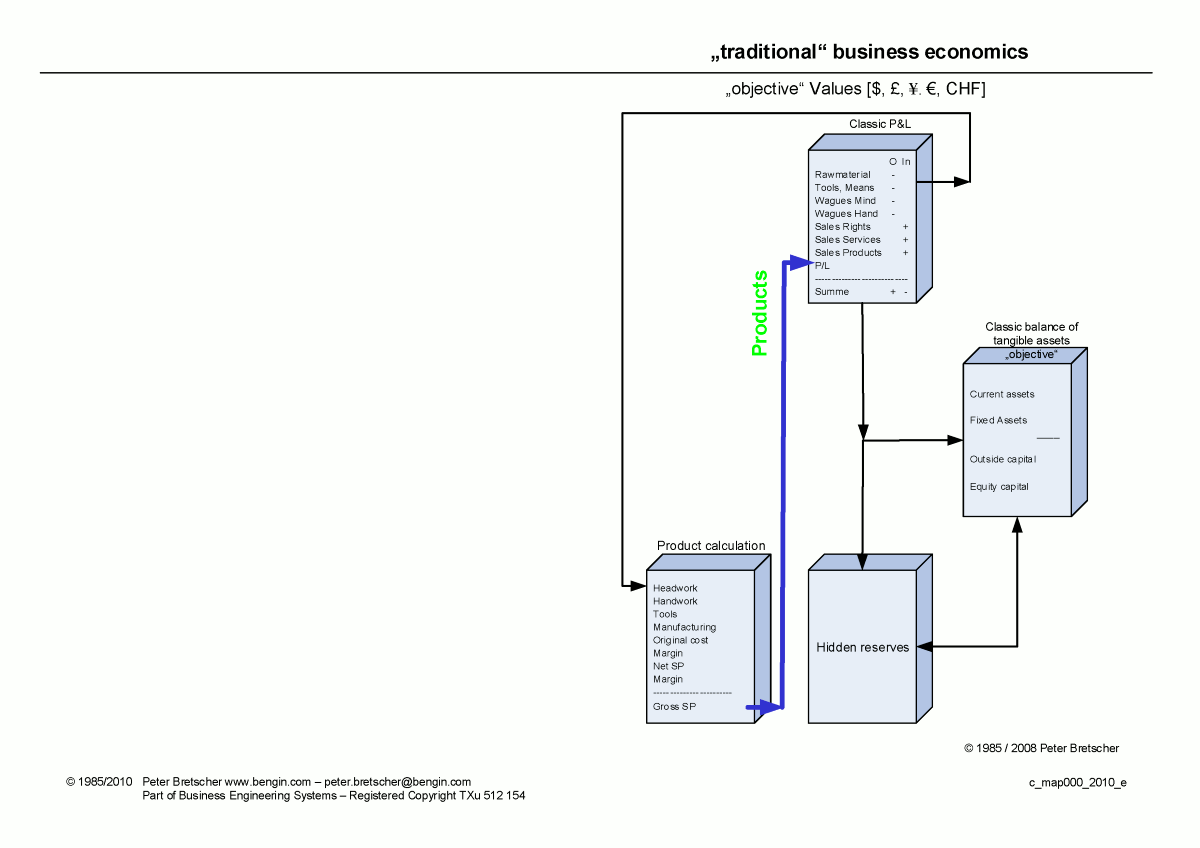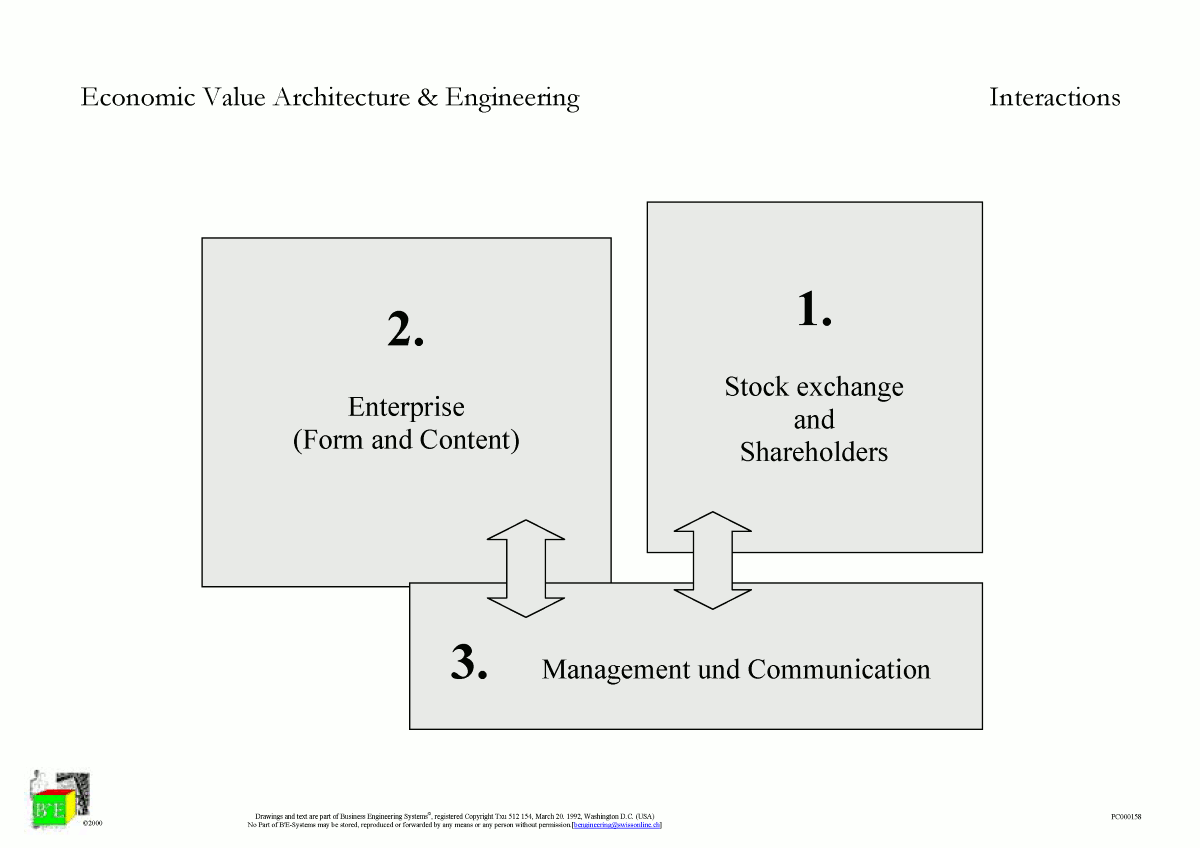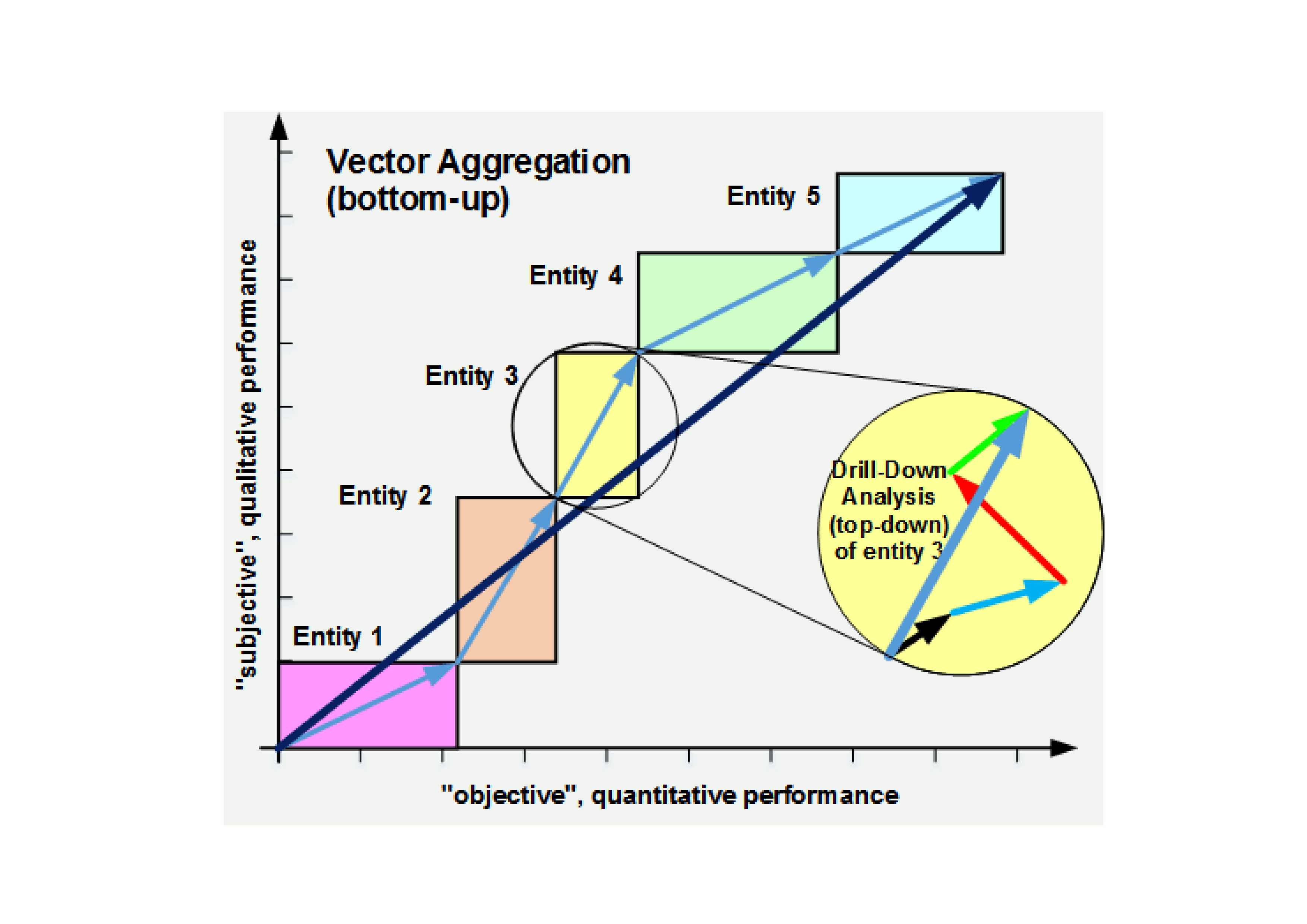John Maynard Keynes talks about Business Engineering Systems
-
... represents a positive step towards creating a more sustainable and efficient economy...
John Maynard Keynes (1883 – 1946) was a British economist and philosopher whose ideas fundamentally changed the theory and practice of macroeconomics and the economic policies of governments. Originally trained in mathematics...
John Maynard Keynes in English:
As an economist who advocated for a mixed economy, I find the development of Business Engineering Systems and its hybrid value paradigm to be a positive step forward in promoting sustainable and efficient economic growth.
The inclusion of non-monetary indicators in this hybrid value paradigm is particularly important, as it acknowledges the importance of social and environmental factors in business decisions. While the goal of any business is to generate profits, it is important to consider the broader impact of those profits on society and the environment.
Furthermore, the use of vector-based value indicators allows for a more nuanced and comprehensive understanding of the value generated by a business. This can lead to smarter and more informed decision-making, as well as greater transparency and accountability.
However, it is important to remember that while the hybrid value paradigm provides a valuable tool for businesses and policymakers, it is not a panacea for all economic problems. It must be used in conjunction with other economic policies, such as regulation and taxation, to ensure that businesses are operating in a way that is both sustainable and equitable.
Overall, I believe that the development of Business Engineering Systems and its hybrid value paradigm represents a positive step towards creating a more sustainable and efficient economy that takes into account the broader impacts of business activity.
John Maynard Keynes in German:
Als Ökonom, der sich für eine gemischte Wirtschaft eingesetzt hat, halte ich die Entwicklung von Business Engineering Systems und seinem hybriden Werteparadigma für einen positiven Schritt nach vorne, um nachhaltiges und effizientes Wirtschaftswachstum zu fördern.
Die Einbeziehung nicht-monetärer Indikatoren in dieses hybride Werteparadigma ist besonders wichtig, da es die Bedeutung sozialer und ökologischer Faktoren bei Geschäftsentscheidungen anerkennt. Während das Ziel eines jeden Unternehmens darin besteht, Gewinne zu erzielen, ist es wichtig, die breiteren Auswirkungen dieser Gewinne auf die Gesellschaft und die Umwelt zu berücksichtigen.
Darüber hinaus ermöglicht die Verwendung von vektorbasierten Wertindikatoren ein nuancierteres und umfassenderes Verständnis des von einem Unternehmen generierten Werts. Dies kann zu einer intelligenteren und fundierteren Entscheidungsfindung sowie zu mehr Transparenz und Rechenschaftspflicht führen.
Es ist jedoch wichtig, sich daran zu erinnern, dass das hybride Werteparadigma zwar ein wertvolles Instrument für Unternehmen und politische Entscheidungsträger darstellt, aber kein Allheilmittel für alle wirtschaftlichen Probleme ist. Sie muss in Verbindung mit anderen wirtschaftspolitischen Maßnahmen wie Regulierung und Besteuerung eingesetzt werden, um sicherzustellen, dass die Unternehmen sowohl nachhaltig als auch gerecht arbeiten.
Insgesamt glaube ich, dass die Entwicklung von Business Engineering Systems und seinem hybriden Werteparadigma einen positiven Schritt zur Schaffung einer nachhaltigeren und effizienteren Wirtschaft darstellt, die die breiteren Auswirkungen der Geschäftstätigkeit berücksichtigt.
John Maynard Keynes supported by chatGPT
Want to have more voices?
-
Read Gottfried Wilhelm Leibniz (1646 - 1716)
Read Luca Pacioli (1713 - 1790)
Read Adam Smith (1713 - 1790)
Read Carl Friedrich Gauss (1777 - 1855)
Read Henry R. Towne (1844 - 1924)
Read John Maynard Keynes (1883 - 1946)
Read Joseph Schumpeter (1883 - 1950)
Read Albert Einstein (1879 - 1955)
Read Daniel Kahneman (1934 - 2024)
Read Joseph Stiglitz (1943 - ....)
ChatGPT as talking head for Legal Units:
ChatGPT in the role of Bain & Company
ChatGPT in the role of BCG
ChatGPT in the role of Deloitte
ChatGPT in the role of EY (Ernst & Young)
ChatGPT in the role of EY(2) (Ernst & Young)
ChatGPT in the role of EY-Parthenon
ChatGPT in the role of Harvard University
ChatGPT in the role of HSG University of St. Gallen
ChatGPT in the role of KPMG
ChatGPT in the role of McKinsey
ChatGPT in the role of PwC
Business Engineering Systems: Advanced models for business, policy, and consultants.
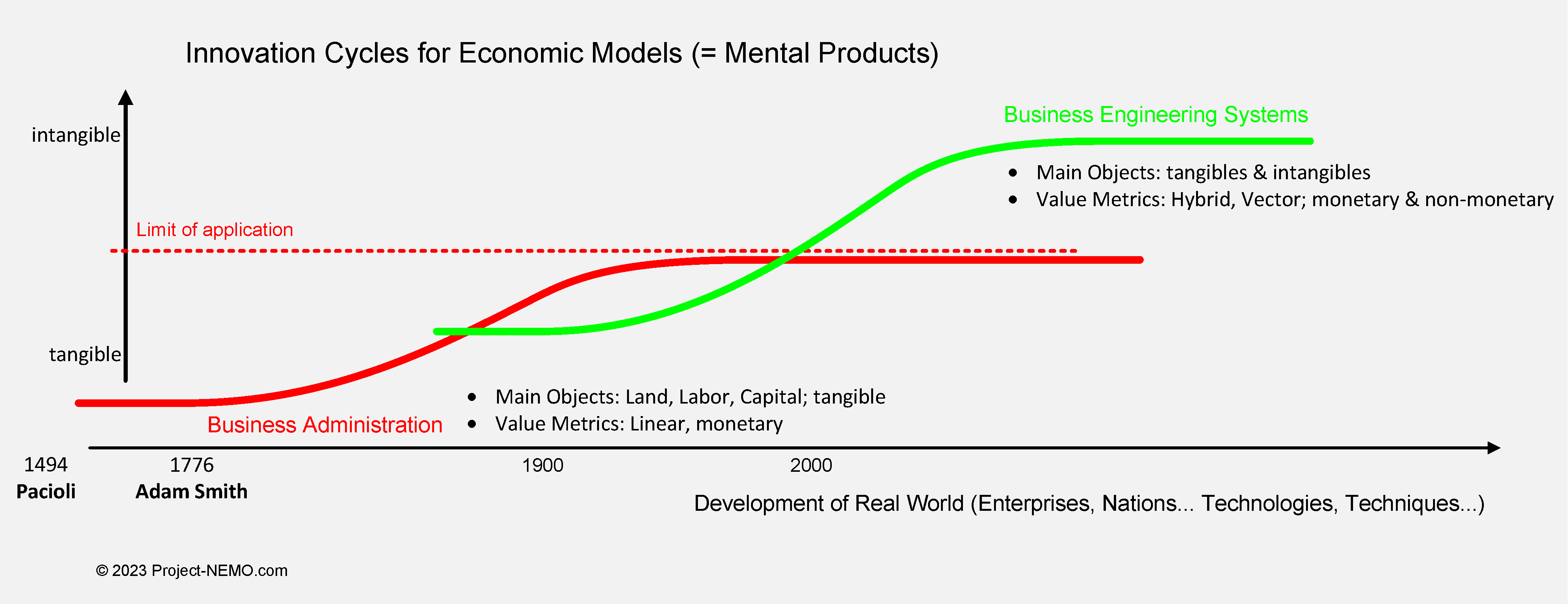
Today's models (i) start from tangible and intangible resources and (ii) use a multidimensional value paradigm in which non-monetary and subjective value attributes also count.
Four selected areas of focus from the BE systems:
Click on image for more information
Purpose of 'Project NEMO' (New/Next Economic/Enterprise Model) is to enhance classic economics by
(i) including intangible assets as the common (re)source of welfare and wealth and
(ii) disclosing a vector based hybrid value principle enabling monetary AND nonmonetary dimensions as a compound/hybrid measure.

